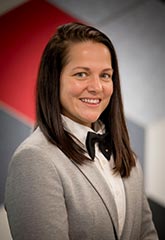Kenneth H. Cooper Institute
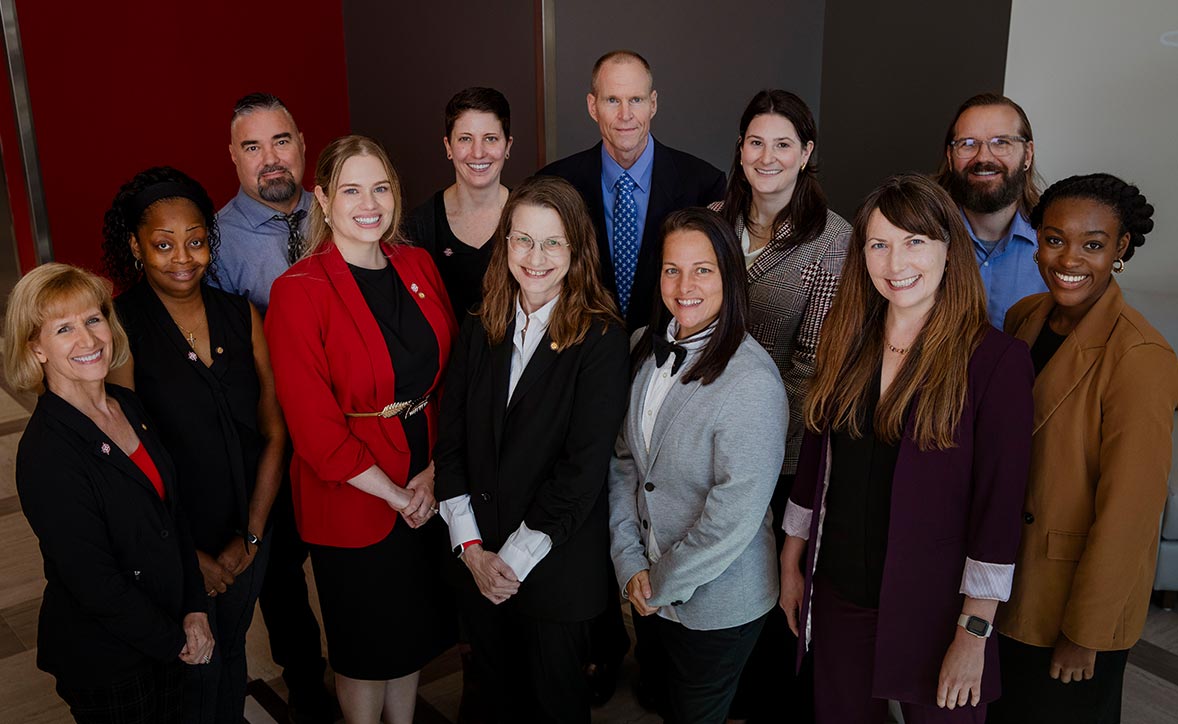
Improving health through lifestyle research
Explore and discover how our research and education can improve your lifelong health.
Our Focus
At the Kenneth H. Cooper Institute, we promote lifelong health and wellness through research and education. Since the inception of the Cooper Center Longitudinal Study (CCLS), our researchers have been able to utilize study data to investigate the benefits of healthy living as well as preventive care and share our findings with the world. Our youth programs have helped instill lifelong healthy habits among children across the country. We continue to raise awareness about the benefits of healthy living, locally and around the world.
Research that changes the world
For more than five decades, our research team has examined critical prevention topics. The research conducted by the Kenneth H. Cooper Institute has not only proven that "exercise is medicine," but has also answered questions on how to live a healthier life at any age.
Since 1970, The Cooper Institute has provided groundbreaking research in epidemiology, exercise physiology, behavior change, obesity, healthy aging and other health issues. Our research has been instrumental in setting public health recommendations for physical activity and identifying physical inactivity as an important public health problem. Our work has influenced major national public policy initiatives for the American Heart Association, American College of Sports Medicine and Centers for Disease Control and Prevention.
- 50+ years of longitudinal observation in the Cooper Center Longitudinal Study (CCLS) have generated groundbreaking studies impacting public health around the world
- 58% decreased mortality among fit individuals, compared to unfit individuals, shown in landmark CCLS publication
- 700+ papers published in peer-reviewed journals over the past 50 years
About Us
We are the Kenneth H. Cooper Institute at Texas Tech University Health Sciences Center,
originally a non-profit founded by Kenneth H. Cooper, M.D., MPH, in 1970. Around Dallas,
we are known as the organization founded by the "Father of Aerobics." We are dedicated
to promoting lifelong health and wellness through research and education. We are focused
on preventive medicine and helping you and all whom you love to live well into the
future.
Our Story
On June 22, 1970, Kenneth H. Cooper, M.D., MPH, founded The Cooper Institute to explore the relationship between fitness, physical activity, and health. At the time, many thought exercise was dangerous. Dr. Cooper, however, knew scientific research was the only way to turn skeptics to believers. In December 1970, he started the Cooper Center Longitudinal Study (CCLS) at The Cooper Institute, where he began collecting data to show how physical activity helped prevent many chronic diseases. What began as data on index cards stored in a shoe box is now the world's largest and longest-running study on measured cardiorespiratory fitness.
Dr. Cooper spearheaded the international physical fitness movement and is credited with promoting exercise to improve health. He reintroduced required physical education in Texas public schools in 2007 by initiating Senate Bill 530. In 2024, The Cooper Institute joined forces with Texas Tech University Health Sciences Center and is now the Kenneth H. Cooper Institute.
Who We Are Today
In five decades, we have evolved and proven the impact of regular physical activity and fitness on overall health and wellness throughout all stages of life. Our research and programs have focused across all stages of life-advocating for people of all backgrounds to embrace the importance of exercise. In addition to the CCLS research, our youth initiatives—FitnessGram®, NFL PLAY 60 FitnessGram Project and Healthy Zone School Program—have educated our youngest generation about the benefits of exercise, helping prevent chronic diseases later in life.
While we have come a long way, our work is far from over. As we look to the years ahead, the Kenneth H. Cooper Institute’s expertise and dedication in preventive medicine contribute to TTUHSC's goals of improving health of all Texans by making a meaningful difference in the lives of individuals and communities. Chronic conditions such as obesity, cardiovascular diseases, cancer and dementia continue to impact the health of individuals in the TTUHSC service region and worldwide. As health advocates, our goal is to create a world where everyone lives long and healthy lives. We will pursue goals that help us all live well.
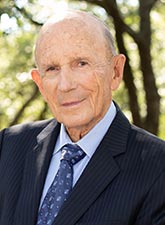
"We have so much data now that you cannot deny that exercise is medicine."
Kenneth H. Cooper, M.D., MPH
Leadership
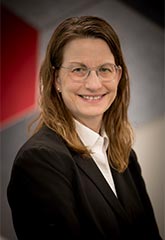
Laura DeFina, M.D., FACP, FAHA
Executive Director
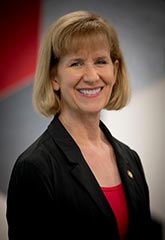
Beth B. Wright, Ph.D.
Research Associate Professor
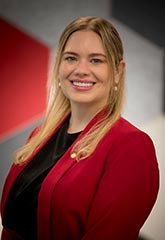
Kayla Heath
Managing Director, Finance
Team
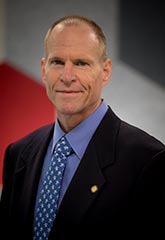
David Leonard, Ph.D.
Associate Professor of Practice
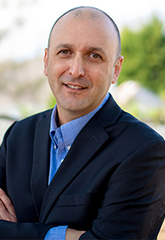
Kerem Shuval, Ph.D., MPH
Research Professor of Epidemiology
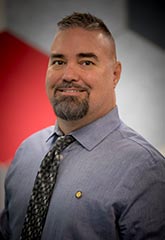
Jim Summers
Database Administrator
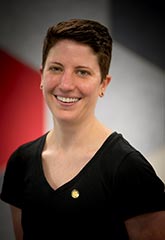
Clare Meernik, Ph.D.
Research Assistant Professor
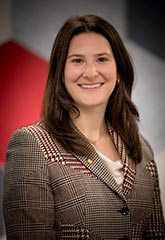
Rachel Eisen
Program Manager, Youth
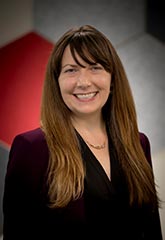
Sarah Bickerstaff
Business Manager
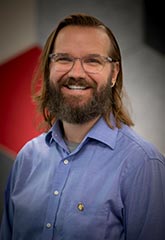
Michael Callac
Director, IT
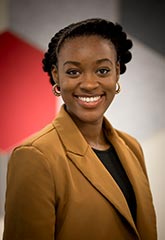
Jizyah Injil Shorts
Program Manager, Youth
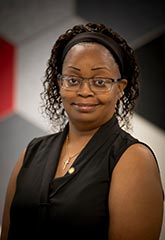
Carla Smith
Analyst II
